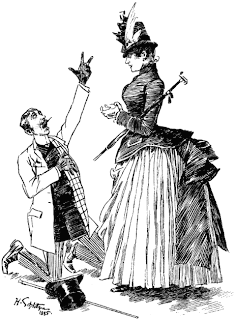
The metaphor of learning how to drive in this play was extremely powerful and relevant to the chara cter Li’l Bit. This metaphor highlights Li’l Bit’s process of growing up. Each bolded title regarding driving, pertains to specific events in her life. The titles such as Shifting Forward from First to Second Gear, Idling in the Neutral Gear, and Vehicle Failure all represent different changes or phases Li’l Bit goes through.
I think that the most important of these titles was the one describing defensive driving. It ends with the phrase: Good defensive driving involves mental and physical preparation. Were you prepared? This pertains to how Li’l Bit was not properly prepared for the things that happened to her. At age 11 she was not ready for sexual activity to be thrust upon her by her uncle. At age 14 she was not ready for the bodily changes that she experienced. At age 18 she was not ready for college. Her entire life has consisted of growing up to fast and having to catch up to the things happening in her life. The interesting aspect of this is however, that much of the play consists of people trying to educate Li’l Bit. Much of the interaction between Li’l Bit and Peck is when he is teaching her how to drive or trying to prepare her for life situations. Similarly, much of her interaction with her mother and grandmother deals with them educating her about men and sex. You would think that with all of these people attempting to prepare her for life that she would be a little more ready for it when it happens to her. It seems as though this advice was just too little, too late or that her life experiences were too much, too soon.






